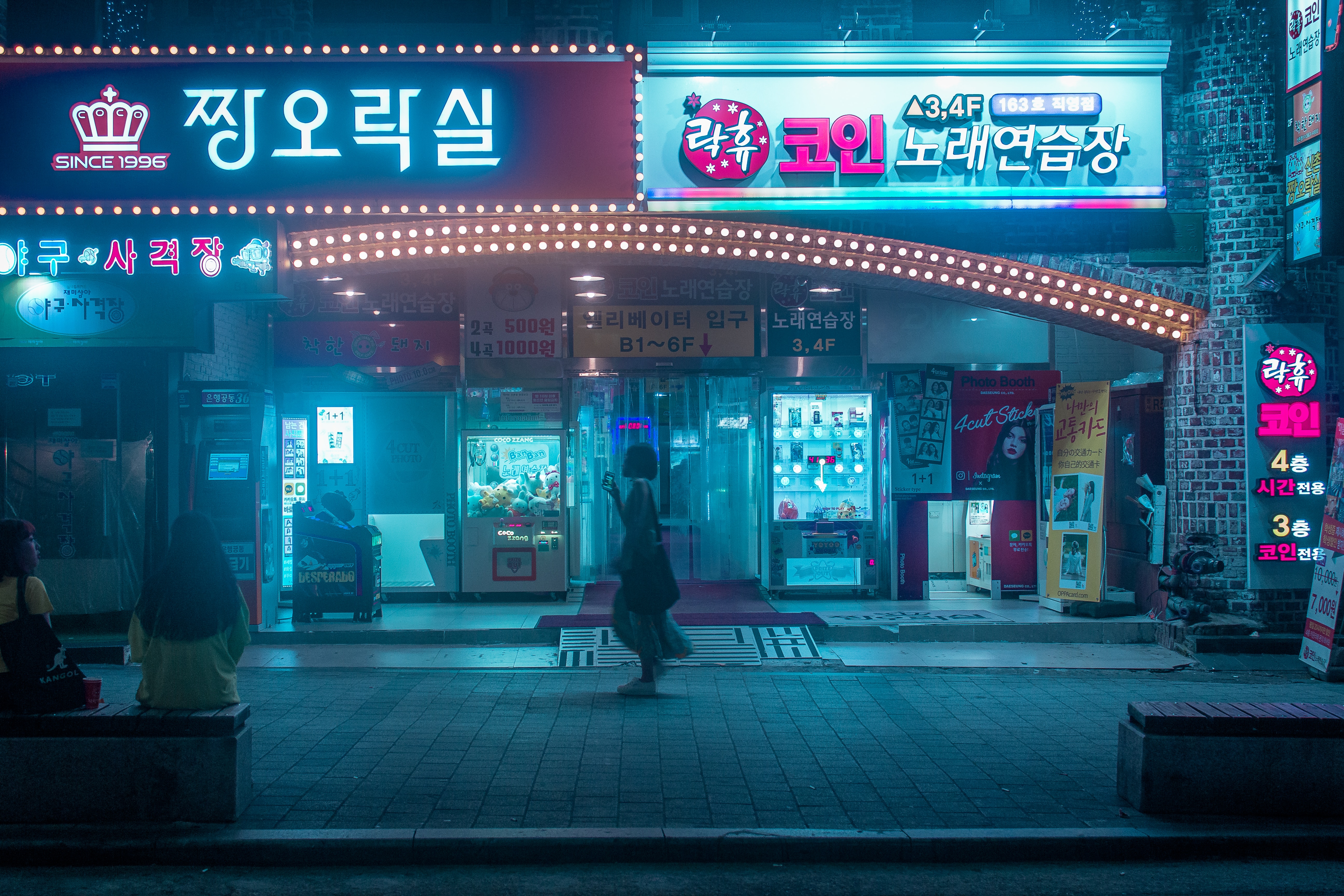Attachments
Note: Not all attachments are visible to the general public. Research URLs will go live after the embargo ends.

Journal/
conference: JAMA Network Open
conference: JAMA Network Open
Research:Paper
Organisation/s:
Jeju National University College of Medicine, Republic of Korea
Funder:
This study was supported by grant NRF-2021R1F1A1062503 from the National Research
Foundation of Korea.



 International
International


